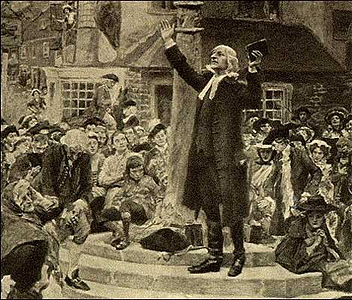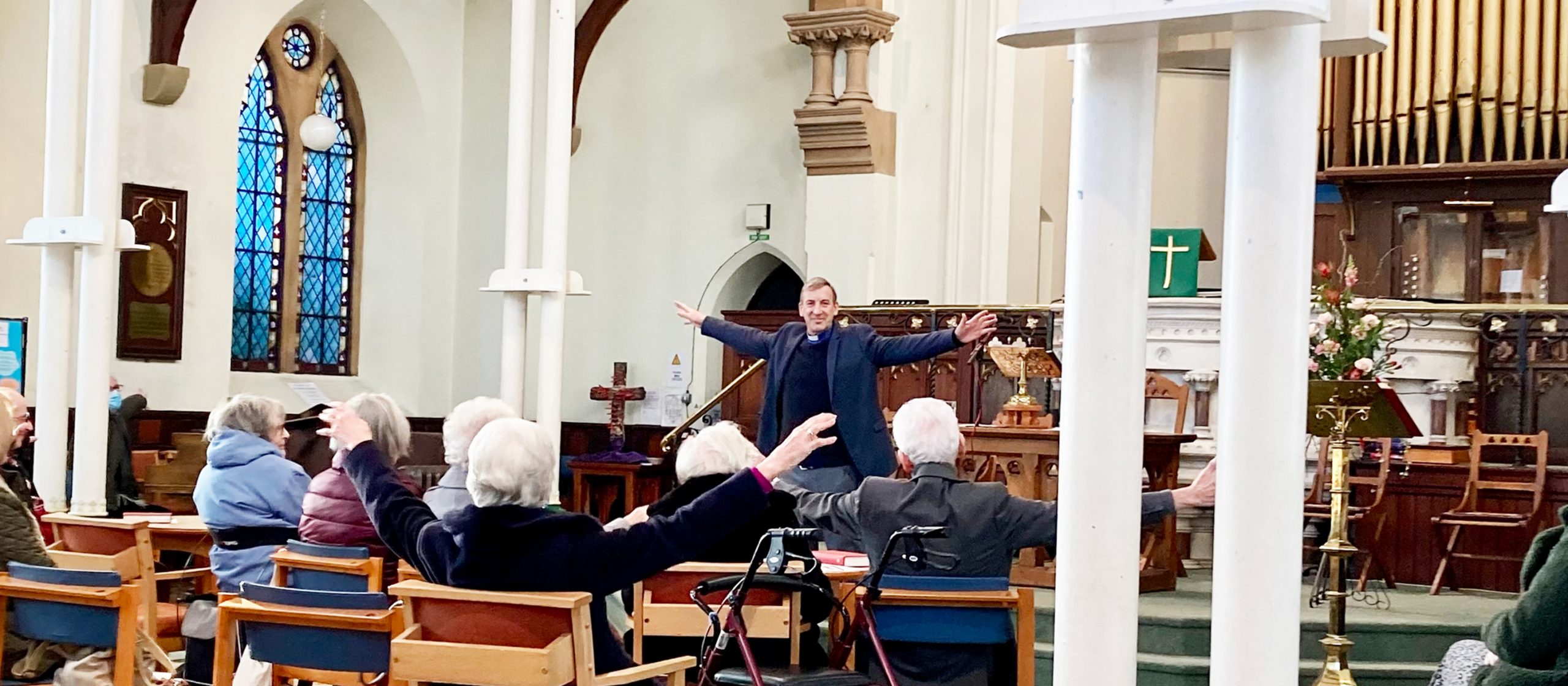
Surprisingly, the Methodist Church was never meant to be a church. It was a movement for revival that began in the Anglican and other denominations in the 18th Century, at a time when many church leaders had become apathetic: about worship, caring for the vulnerable and proclaiming the Good News of God’s love for all, shown in Jesus. The leading figure of the movement was a Church of England cleric, Rev. John Wesley, who rode approximately 250,000 miles on horseback around Britain and Ireland, telling of God’s love, seeing lives changed, and organising this movement, which grew to be 135,000 strong by the time of his death in 1791. His brother, Rev. Charles Wesley, wrote over 6,000 hymns, among them ‘Hark the Herald Angels Sing’ and ‘O for a Thousand Tongues to Sing’.

The Methodists were given that title as a nickname, because they were methodical in what they set out to do: this included caring for the poor and sick, visiting prisoners, campaigning against slavery, being open to God’s Spirit, singing what they believe, telling others the Good News of God’s love in Jesus and celebrating the sacraments.
Thomas Coke and Francis Asbury took the Methodist Movement to the Americas, although Methodist work had begun in the Caribbean before Coke’s arrival and was rooted among the slaves there. Coke died whilst on a journey to take Methodism to the Indian sub-continent. Now there are an estimated 80 million Methodists worldwide, making it one of the largest denominations in the world.
Methodists continue to be committed to worshipping and witnessing to God and striving for social justice.
We believe in ecumenism and want to see unity between different churches. In Britain, we are in a covenant with the Church of England and share many congregations with them or with other denominations, such as the United Reformed Church. In countries such as Canada, Australia and India, we have become a part of United (and Uniting) churches.

